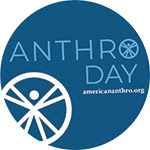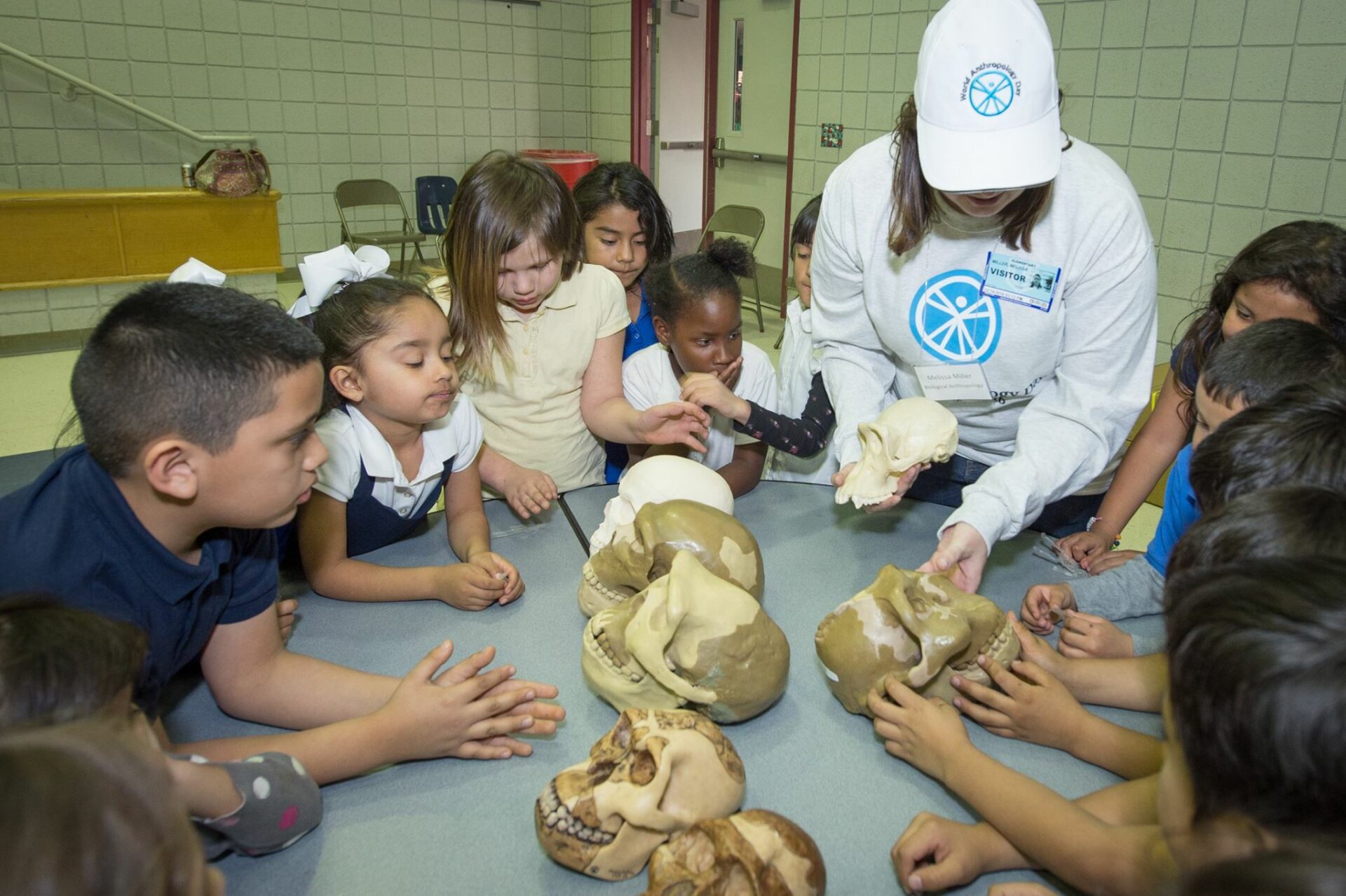Thursday, February 6, 2025
drone 360 snowy view in south central Echizen-city (Fukui-ken), rural west Japan
Monday, December 30, 2024
review link, Adam Kuper's "The Museum of Other People"
| | Book Review: The Museum of Other People: From Colonial Acquisitions to Cosmopolitan Exhibitions, by Adam Kuper repository.digital.georgetown.edu |
Thursday, November 14, 2024
revisiting Pompeii victims of 2000 years ago
Wednesday, September 11, 2024
deep down - San Francisco history in bones
Thursday, August 29, 2024
Language play in 7 spaces - banned vanity license plates in Michigan
Sunday, August 11, 2024
children. summer documentary (FREE) viewing
We invite you to explore a series of short films and clips that celebrate the diversity of children's experiences. The program features captivating stories about children from around the world as well as several enchanting short films which are sure to delight and inform young audiences, and evoke the child within all of us. In this collection, you can listen to a lullaby from the South Pacific, meet a yo-yo master, encounter unlikely friends in Argentina, and more. You'll be enthralled by the heartfelt stories and enchanting perspectives of children from different corners of the world.
All films are available until September 1st. Join us on this unique cinematic journey!
Get Your Tickets to Watch for Free:
Register to Watch<https://www.eventbrite.com/e/watch-from-home-childrens-stories-kids-at-work-play-around-the-world-tickets-950013705567>
Monday, August 5, 2024
putting Ojibwe into Star Wars, thanks to LucasFilms
Monday, July 29, 2024
Hillforts of British Isles - huge building projects of many centuries
Thursday, April 25, 2024
words+image 2024 in the poetry camera
Here's a little more on the project from TechCrunch:
The story of the Poetry Camera began as a personal passion project ...
"The project's origin is when I got access to GPT-3. My first instinct was to play Dungeons & Dragons with it because I'm a nerd. I figured 'if this thing could play Dungeons & Dragons, that would be impressive.' And yeah, it did work for that. This was back when you had to do prompt engineering. So it took some elbow grease to get it to work. But I also had this idea of maybe making some camera as a project," says Mather. "What if you took a camera, but it was a reaction to Instagram culture? What if text comes out instead of a photo? … Everyone prefers the book version over the movie, so it's like that for capturing moments."
As they refined their prototype, Zhang and Mather began to share their creation with friends and family at social gatherings. The reactions they received were nothing short of astonishing. People were fascinated by the concept of a camera that could generate poetry based on what it saw. The device quickly became the center of attention, sparking lively discussions and igniting the imagination of all who encountered it.
...the thing I like about Poetry Camera is that it's not making lofty claims about replacing creative labor so that a bunch of lazy bastards can some money off of NFTs or whatever. It's purely novel, and genuinely kind of delightful. And that's all it needs to be.
This camera trades pictures for AI poetry [Haje Jan Kamps / TechCrunch]
Monday, March 25, 2024
Linguistics going "open access"
| ||||
Wednesday, March 20, 2024
Engaging the public by archaeology excavations at Must Farm
Wednesday, March 6, 2024
junior anthropologist award
Friday, March 1, 2024
Captivating and Curious Careers of Anthropology
Tuesday, February 20, 2024
languages - English word order
Saturday, February 17, 2024
documenting Consumerism in decline
 |
| screenshot from https://www.atlasobscura.com/articles/the-life-and-death-of-the-suburban-american-mall |
Thursday, February 8, 2024
Native language and lives then and now
Monday, January 22, 2024
Learning Blackfeet language in public schools
| When Lily Gladstone became the first Indigenous person to win a best actress Golden Globe, she said some words in Blackfeet. Her mother was behind efforts to get the language taught in classes. www.npr.org |
Thursday, January 4, 2024
annual Anthropology Day in 2024 is February 15
Anthropology Day 2024 |
|
Monday, December 18, 2023
every year, "World Anthropology Day" & precollege visits
| When is Anthropology Day? Help us celebrate what anthropology is and what it can achieve by hosting an event in your community, on your campus, or in your workplace. Anthropology […] americananthro.org |
Monday, November 20, 2023
librarian (Austin, TX) tailors the rooms based on observing the students
Wednesday, December 14, 2022
World Council of Anthropological Associations, WCAA - video list
Wednesday, July 6, 2022
Language lore - click languages in SE corner of Africa
| Many of the South African Tribes use click sounds in their language, this is a great Zulu click lesson with Sakhile from Safari and Surf - Wilderness Adventu... youtu.be |
Friday, May 20, 2022
collecting ethnographic writing WITH teaching resources
=-= crossposting May 19, 2022.
[seeking suggestions] a list of ethnographic books (monographs, edited volumes, and other non-textbooks) that come with instructor materials that could be used in anthropology classes ...
The instructor materials could take a variety of formats such as listings in the book itself, accompanying instructor manuals, or hyperlinks to publicly available pdfs or websites, etc. Some examples of possible teaching materials include but are not limited to discussion questions, videos, teaching activities, or assignments that accompany the book.
The goal of the project is to identify monographs or edited volumes that are not explicitly textbooks but have accompanying teaching materials that instructors could use to adopt the scholarly work into their classes.
If you have authored a book with such materials or know of such books with accompanying teaching materials, please email Audrey Ricke at: a c r i c k eAT iu.edu with
- the name of the book or series and the name of the author or press
- the link to the website that features the book (optional but very helpful)
- general topics covered in the book (optional but very helpful)
Here is a short list ...[to] share the list on the Teaching Anthropology Interest Group website, which contains links to other teaching materials.... docs.google.com/document/d/...
Respectfully,
Audrey Ricke -- Chair, Teaching Anthropology Interest Group, General Anthropology Division - American Anthro. Assoc.
Monday, March 7, 2022
Film Festival-7, indigenous languages today and tomorrow
=-= crossposting March 7, 2022 film festival organizer's email message
This year, our festival showcased 45 languages through 35 exceptional films that span over 16 regions around the world. Your support contributes to our continued success and the quality of the festival.
If you enjoyed this year's festival and would like to revisit some of the programming, you can explore open access films on our website and watch roundtable sessions on our YouTube channel. You can also stay up-to-date with the festival by subscribing to our mailing list for occasional newsletters about our films, events, and related programming.
Gracias, tekk, mahalo, merci, and thank you!
—The Mother Tongue Film Festival Team
7th Annual Mother Tongue Film Festival
February 17 – March 4, 2022
Saturday, January 29, 2022
Reconsidering our Neanderthal ancestry 160 to 45,000 years ago
January 28, 2022 - Humans, Being
Thursday, January 13, 2022
Exhibit "Race: are we so different?" now online thanks to Google-Arts/culture initiative
Sunday, October 31, 2021
Halloween goes global - chronicle with insights from anthropology
Friday, September 10, 2021
outreach & archaeology topics
www.northwestanthropology.com/
While many of us do a lot of outreach, I think it is safe to say we need to do more to make this world a better place. I'd be interested in my colleagues thoughts on strategies they have used to reach more.
Thursday, February 25, 2021
Why designating a language "endangered" may lead to problems
Wednesday, January 20, 2021
Human language wonders
- JRR Tolkien's many languages (constructed languages) for Middle Earth (about 14 minutes), https://youtu.be/VFlyQk_uVAI
- European reporter in USA [taken from his early January 2021 Tweet]: From Dalton, Georgia to Washington, D.C., here's my coverage for @AP_GMS of last week's events in French, English, Spanish, Portuguese, German, and Luxembourgish, in that order.https://twitter.com/i/status/1349025211518246912
Wednesday, December 16, 2020
innovative ethnography by manga, Southeast Asia.
Abstract
This is an excerpt from The King of Bangkok. Originally appearing in Chapter 3, the section we present is a flashback that follows the book's protagonist, Nok, on his journey to the island of Koh Pha-Ngan in the Gulf of Thailand. Nok has secured work on a construction site there during the height of the country's economic boom. The section demonstrates how opportunity and precarity, excitement and devastation are fundamental forces animating and shaping the experiences of migrant workers like Nok.
Subject: Rels-TLC Digest, Vol 138, Issue 33
Subject: [tlc] Preview and Interview on the forthcoming graphic novel in English, The King of Bangkok
graphic novel in the UTP EthnoGRAPHIC Series, The King of Bangkok, and an
interview with Claudio Sopranzetti, Sara Fabbri and Chiara Natalucci on the
possibilities of graphic ethnography.
For those interested:
https://ojs.victoria.ac.nz/ce/
Saturday, December 5, 2020
Curated online listening/watching, bi-weekly
- Caste, Speaking of Race
- Moments of Resilience Amid a Pandemic, Sapiens
- Episode 117 - Fish People, The Dirt
- 85: How Food "Authenticity" Commodifies Identities With Jenny Dorsey, AnthroDish
- The Familiar Strange
- Ep# 68"Landing on the Earth": Ashley Carruthers on Organic Farming and Cycling in Vietnam, The Familiar Strange
- More than a Game: Sports, Race, and Masculinity in Diaspora w/ Vyjayanthi Vadrevu and Stanley Thangaraj, This Anthro Life
- Meet Islam's Da Vinci: Al-Biruni, father of geodesy, anthropology, and master of pharmacy, ZMEScience
- Seven Essential Listens From the Indigenous Podcasting Boom, Vanity Fair
- Why We Can't Stop Talking about 'Hipster' Pastors, Christianity Today
- Color Struck!, Zora's Daughter
- The Black Liberal Agenda, Zora's Daughter
- In Search of Light in Dark Times, The SCAS Talks Podcast
- Moments of Resilience Amid a Pandemic, Sapiens Podcast
- Full Moon over Chiapas, RadioAmbulante
- Allusionist 121. No Title
- The Invention of Race, NPR
- Episode 17 - COVID-19 and Fisheries Research, Social FISHtancing
- A breakdown of the hit crime television show Bones - what's real and what's fiction!, That Anthro Podcast
- Channel Islands Archaeology with Dr. Torben Rick, That Anthro Podcast
Sunday, July 19, 2020
Dogs sniffing our (human) bones from centuries ago
As a result, dogs have demonstrated uncanny olfactory abilities. They have sniffed out melanoma skin cancer in humans and detected pregnancy in cows just by picking up scents in their bodily fluids.
So, what exactly are canines detecting at archaeological digs? "Our dogs are not actually searching for bones," Glavaš emphasizes. "They are searching for the molecules of human decomposition."
Sunday, June 14, 2020
excerpt, Indigenous + Scholarly lens on local life
Thursday, June 4, 2020
Britain's "Pompeii" time capsule, the Bronze Age site at Must Farm
Awarded the 2020 Antiquities prize for newly published and open access article, "The Must Farm pile-dwelling settlement."
The article provides a site overview and the current interpretations of the archaeology alongside discussing the material found during the 2015-16 excavations.
See https://doi.org/10.15184/aqy.2019.38
or look at Facebook for updates to the project, https://www.facebook.com/MustFarmArchaeology/
Thursday, May 14, 2020
reading - archaeology pages at Smithsonian Magazine
In Groundbreaking Find, Three Kinds of Early Humans Unearthed Living Together in South Africa
A Mysterious 25,000-Year-Old Structure Built of the Bones of 60 Mammoths
Divers Recover More Than 350 Artifacts From the HMS 'Erebus' Shipwreck
Angkor Wat May Owe Its Existence to an Engineering Catastrophe
The Best Board Games of the Ancient World
To Craft Cutting Tools, Neanderthals Dove for Clam Shells on the Ocean Floor
Twelve Fascinating Finds Revealed in 2019
Archaeologists Are Unearthing the Stories of the Past Faster Than Ever Before
Oldest Known Seawall Discovered Along Submerged Mediterranean Villages












